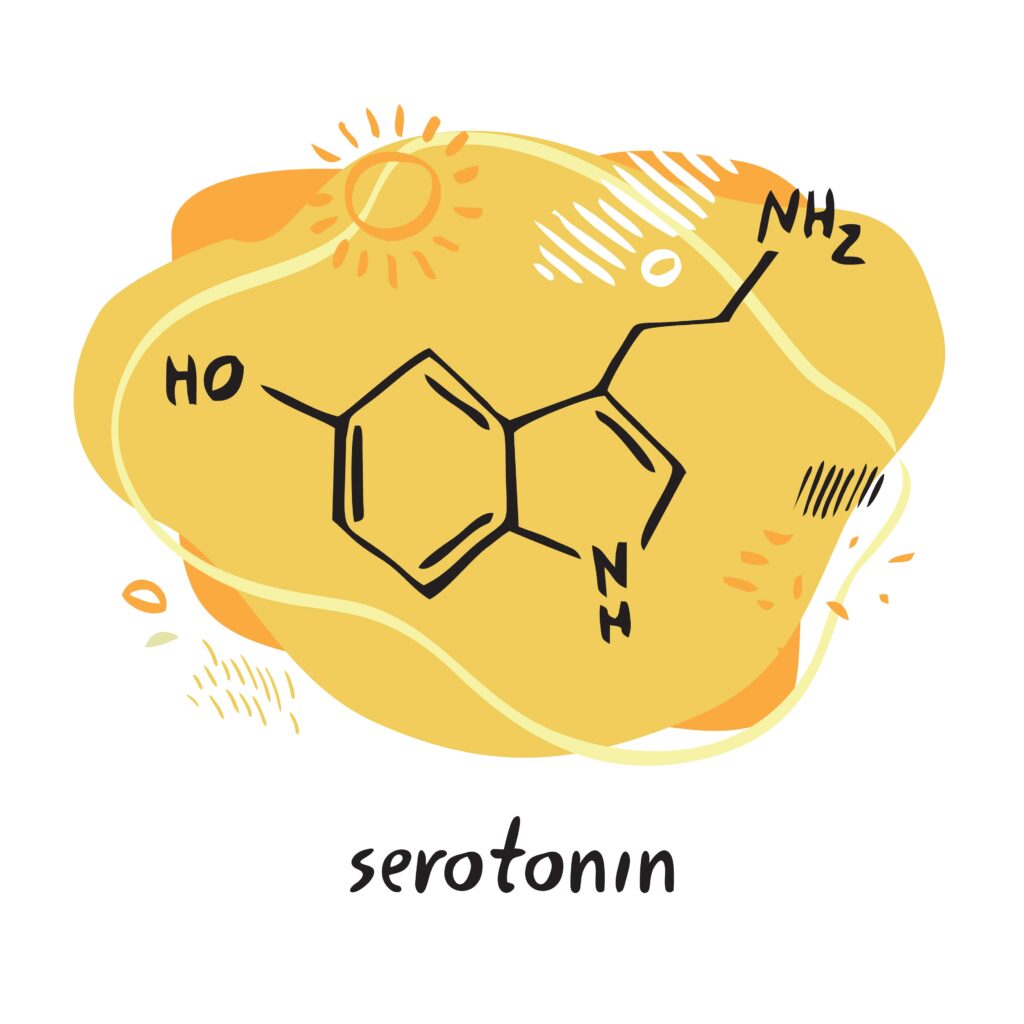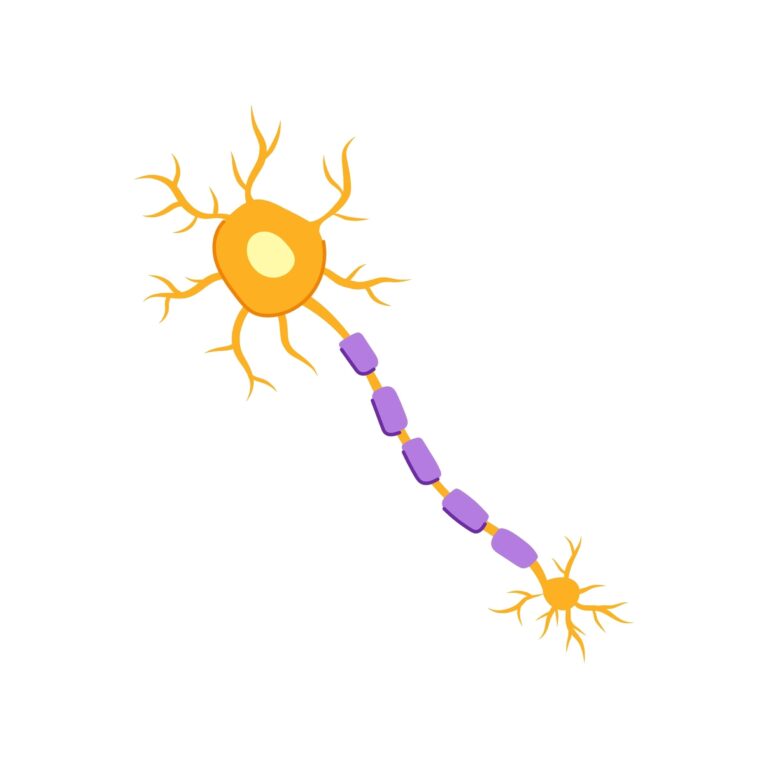Medical marijuana, a term that refers to the use of cannabis and its constituent chemicals for therapeutic purposes, has gained significant attention for its potential to alleviate various medical conditions. Central to its effects is the interaction with the body’s neurotransmitter systems, the complex network of chemicals and receptors that govern everything from mood to pain perception. In this blog, we will delve into the components of medical marijuana, particularly focusing on compounds like THC and CBD, and explore their profound impact on neurotransmitters such as dopamine, serotonin, GABA, and glutamate. By understanding how these substances influence the intricate dance of brain chemicals, we can shed light on the therapeutic benefits, potential risks, and the nuanced balance necessary for medical marijuana’s effective use in treatment. Through a detailed examination, we aim to provide a comprehensive overview of medical marijuana’s role in neurotransmitter modulation and its implications for health and disease.
In This Blog:
- Components of Medical Marijuana
- Neurotrasmitters and Their Functions
- Effects of Medical Marijuana on Neurotransmitters
- Therapeutic Benefits of Medical Marijuana
- Risks and Side Effects
Components of Medical Marijuana
Medical marijuana comprises various compounds, with the most prominent being Tetrahydrocannabinol (THC) and Cannabidiol (CBD). These compounds interact with the body’s endocannabinoid system, which plays a key role in regulating a wide array of physiological processes, including mood, memory, appetite, and pain.

THC (Tetrahydrocannabinol)
THC is the psychoactive component of cannabis that produces the “high” sensation. It binds to cannabinoid receptors in the brain, particularly CB1 receptors, affecting the release and uptake of neurotransmitters like dopamine and glutamate. THC’s interaction with these receptors can alter mood, perception, and cognitive functions. Its effects on neurotransmitters are responsible for both the therapeutic benefits, such as pain relief and increased appetite, and the psychoactive effects associated with cannabis use.
CBD (Cannabidiol)
CBD, on the other hand, does not produce psychoactive effects and is of growing interest for its therapeutic potential. Unlike THC, CBD does not bind strongly to cannabinoid receptors but instead influences the endocannabinoid system indirectly. It is known to modulate the activity of several neurotransmitters, including serotonin and GABA, and can counteract some of the effects of THC, such as anxiety and psychosis. CBD’s ability to interact with multiple neurotransmitter systems is believed to contribute to its potential therapeutic effects in treating conditions like anxiety, epilepsy, and chronic pain.
In medical marijuana, the ratio of THC to CBD can vary significantly, leading to different therapeutic effects and side effects. Understanding these compounds and their interaction with the body’s neurotransmitter systems is crucial for determining their medical applications and tailoring treatments to individual needs.
Neurotransmitters and Their Functions
Neurotransmitters are chemical messengers that transmit signals across a chemical synapse, such as a neuromuscular junction, from one neuron (nerve cell) to another ‘target’ neuron, muscle cell, or gland cell. They are critical to the functioning of our brain and nervous system, influencing everything from our mood and emotions to our motor skills and cognitive abilities. Here are some of the key neurotransmitters affected by medical cannabis:
Dopamine:

Often referred to as the “feel-good” neurotransmitter, dopamine is associated with pleasure, reward, and motivation. It plays a significant role in our reward and pleasure centers, helping regulate movement, emotional responses, and the ability to experience pleasure and pain.
Serotonin:
This neurotransmitter is key in regulating mood, anxiety, and happiness. Serotonin influences a wide range of psychological and bodily functions, including mood, sexual desire and function, appetite, sleep, memory, and learning.
GABA (Gamma-Aminobutyric Acid):
As the main inhibitory neurotransmitter, GABA helps reduce neuronal excitability throughout the nervous system. It is crucial for controlling fear and anxiety when neurons become overexcited.
Glutamate:
Serving as the most abundant excitatory neurotransmitter, glutamate is involved in cognitive functions such as learning and memory. It is crucial for synaptic plasticity, the ability of synapses to strengthen or weaken over time, which is key to memory formation.
These neurotransmitters play vital roles in the brain’s function, and their balance is crucial for maintaining mental and physical health. The interaction of medical marijuana with these neurotransmitters can significantly affect their levels and function, leading to both therapeutic and adverse effects. Understanding how marijuana influences these neurotransmitters can help us better comprehend its potential as a medical treatment and its effects on mental and neurological health.
Effects of Medical Marijuana on Neurotransmitters
Medical marijuana’s interaction with the body’s neurotransmitter systems is a key factor in its therapeutic and psychoactive effects. The compounds in marijuana, primarily THC and CBD, affect neurotransmitters in complex ways, influencing not only their release but also their reuptake and degradation.
THC and Neurotransmitter Interaction
- Dopamine: THC stimulates the release of dopamine in the brain’s reward centers, creating feelings of euphoria and pleasure, akin to the “high” associated with marijuana use. However, chronic use can lead to alterations in the dopamine system, potentially affecting motivation and pleasure in daily activities.
- Glutamate: THC can affect glutamate levels, which may alter cognitive functions such as learning and memory. The impact on glutamate also suggests why marijuana use might affect neurological conditions where glutamate plays a role, such as Alzheimer’s disease and multiple sclerosis.
CBD and Neurotransmitter Modulation
- Serotonin: CBD has been shown to interact with serotonin receptors, potentially acting as an agonist in some cases, which could explain its anxiolytic (anxiety-reducing) and antidepressant effects. This interaction suggests potential therapeutic applications for mood disorders and anxiety.
- GABA: CBD may enhance the action of GABA, promoting relaxation and reducing anxiety levels. By increasing GABA activity, CBD can help counterbalance the excitatory effects of glutamate, contributing to its calming effects.
Balancing Act of THC and CBD
The interplay between THC and CBD in medical marijuana is crucial for its overall impact on neurotransmitters. While THC may increase dopamine and glutamate activity leading to euphoria and altered cognition, CBD can modulate these effects by interacting with serotonin and GABA, promoting a balance that can mitigate potential adverse effects like anxiety and memory impairment.
The effects of medical marijuana on neurotransmitters underscore the importance of understanding individual compounds and their mechanisms of action. This knowledge is vital for tailoring medical marijuana treatments to individual needs, maximizing therapeutic benefits while minimizing adverse effects. As research continues to unravel the complexities of these interactions, it will pave the way for more informed use of medical marijuana in treating a variety of conditions.
Therapeutic Benefits of Medical Marijuana
The interaction between medical marijuana and neurotransmitters underpins its potential therapeutic benefits for a variety of conditions. By influencing neurotransmitter systems, medical marijuana can offer relief and improve the quality of life for individuals with certain medical disorders.
Chronic Pain Management
Medical marijuana is often used to treat chronic pain, a pervasive issue that affects millions worldwide. THC and CBD can alter pain perception by modulating neurotransmitter release in the brain and spinal cord. This can lead to decreased pain signaling and relief for individuals suffering from neuropathic pain, arthritis, and other chronic pain conditions.

Epilepsy and Seizure Disorders
CBD has gained attention for its effectiveness in reducing the frequency and severity of seizures, particularly in treatment-resistant forms of epilepsy like Dravet syndrome and Lennox-Gastaut syndrome. Its ability to modulate neurotransmitters such as GABA and glutamate is thought to contribute to its antiepileptic effects, stabilizing neural activity and preventing seizure episodes.
Multiple Sclerosis (MS)
Medical marijuana has been shown to alleviate symptoms of MS, such as muscle spasms, pain, and stiffness. The modulation of neurotransmitters through the action of THC and CBD can help manage these symptoms, improving mobility and quality of life for those affected.
Psychiatric Disorders
Conditions like anxiety, depression, and post-traumatic stress disorder (PTSD) can be influenced by the neurotransmitter-modulating effects of medical marijuana. CBD, in particular, has been studied for its potential to alleviate anxiety and depression by affecting serotonin levels, offering a possible alternative to traditional psychiatric medications.
Neurological and Cognitive Benefits
Emerging research suggests that medical marijuana may have neuroprotective properties, potentially benefiting conditions like Alzheimer’s disease, Parkinson’s disease, and traumatic brain injury. By influencing neurotransmitter systems and reducing inflammation, cannabinoids might help in slowing the progression of neurodegenerative diseases.
While the therapeutic potential of medical marijuana is promising, it is important to approach its use with caution, considering the individual’s health condition, the cannabinoid composition of the marijuana used, and the method of administration. Medical supervision is crucial to ensure that the benefits outweigh the risks and that treatment is tailored to the individual’s specific needs. As research advances, the understanding of how medical marijuana interacts with neurotransmitters will continue to evolve, potentially expanding its therapeutic applications.
Conclusion
In conclusion, medical marijuana holds significant promise in treating a variety of conditions, primarily through its interaction with neurotransmitters in the brain. Compounds like THC and CBD offer a range of therapeutic benefits, from pain relief and seizure reduction to potential aids in mental health and neurodegenerative disorders. However, the complexity of these interactions also brings risks and side effects, highlighting the need for careful, medically supervised use. As research continues to advance, a deeper understanding of how medical marijuana affects neurotransmitter systems will be crucial in optimizing its therapeutic potential and minimizing risks. Ultimately, medical marijuana represents a complex but potentially valuable tool in the medical arsenal, offering hope for many patients where traditional treatments have fallen short.

Dr. Kashouty, a diplomate of the American Board of Psychiatry and Neurology (ABPN), practices general neurology with fellowship trained specialization in clinical neurophysiology. Dr. Kashouty finds the form and function of the nerves and muscles the most interesting part of neurology, which is what led him to specialize in neurophysiology with more emphasis on neuromuscular conditions. He treats all neurological diseases, but his main focus is to treat and manage headaches, movement disorders and neuromuscular diseases.





